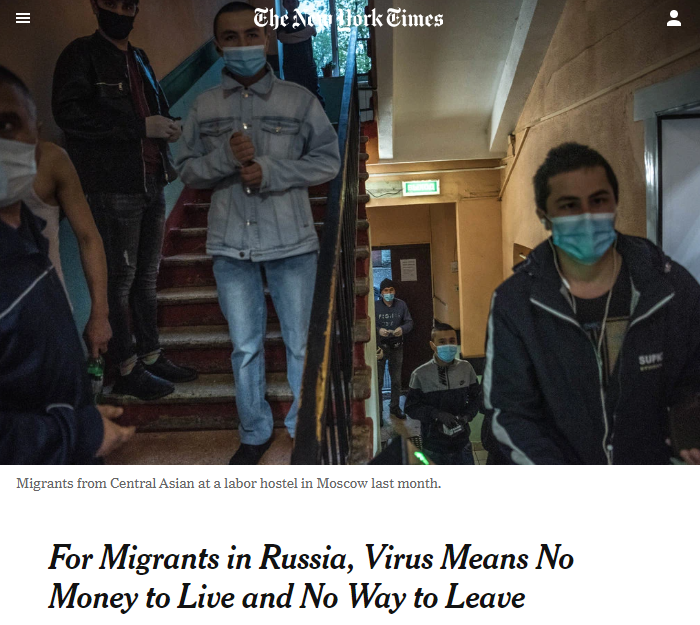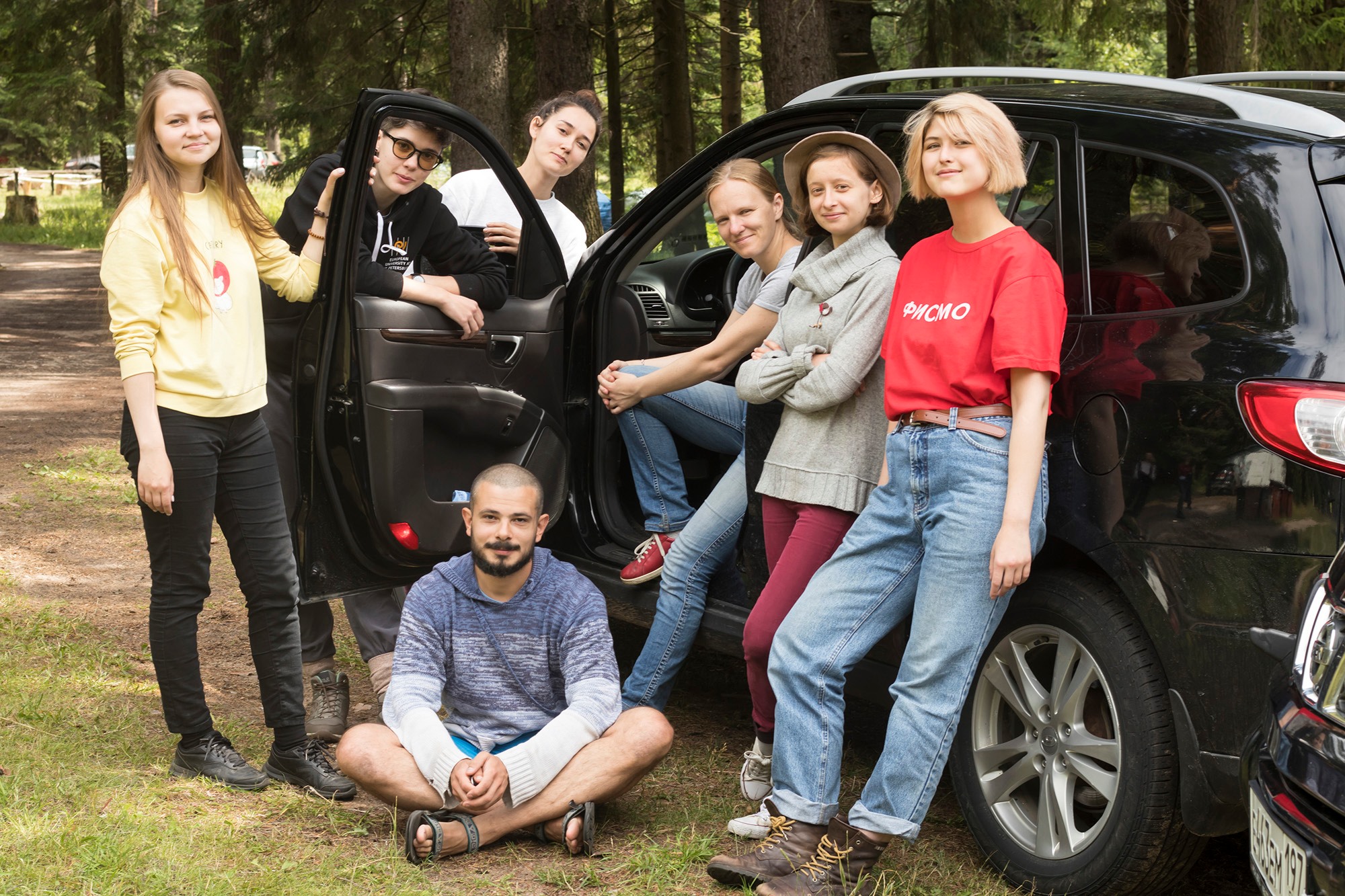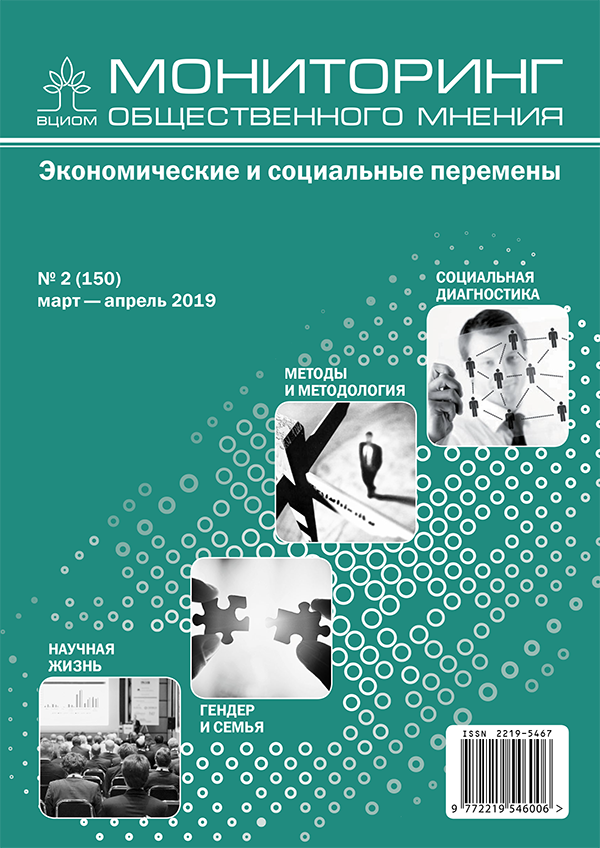On April 15, 2025, members of the Group took part in the session “Dilemmas of Ethnicity and Migration” at the XXV Yasin (April) International Academic Conference on Economic and Social Development (HSE University, Moscow). Presentations were given by E.A. Varshaver, T.D. Egorova, and A.A. Orlova. The discussion focused on contemporary approaches to the analysis of ethnicity and migration, including within the framework of the cognitive turn.









